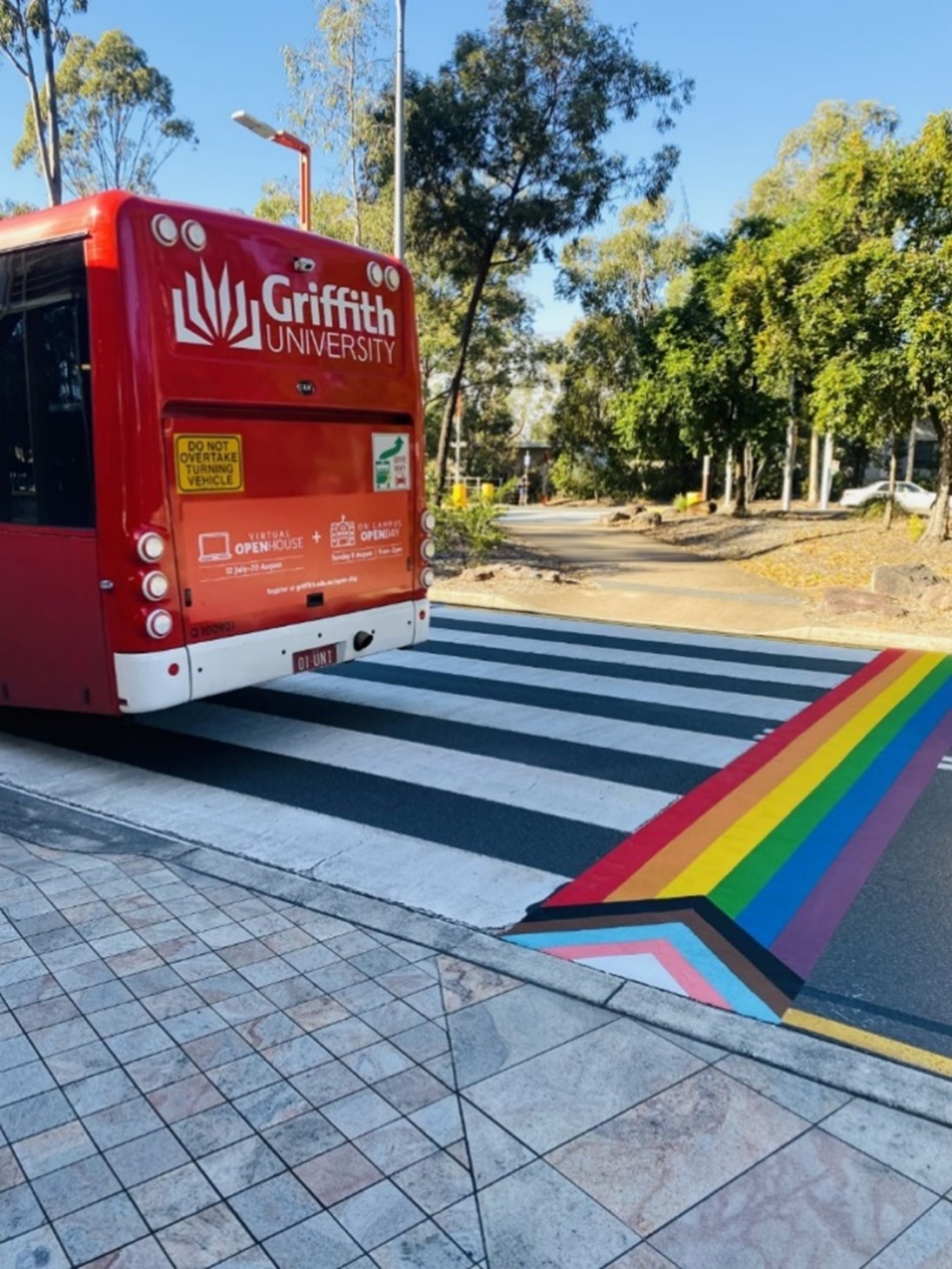How it happened
The Senior Lead (Diversity & Inclusion) was contacted by an academic staff member, on behalf of a student. The student was experiencing deadnaming (and therefore misgendering) in university communications.
Members of the Ally Network and Student Life were asked to communicate that staff members should select Preferred Name in communications. This ‘solution’ didn’t feel like all the issues would be resolved, and this intuition turned out to be correct.
On learning of this issue, the Griffith University library immediately conducted an audit of over 20 library and corporate systems. They identified that several important systems and services were not making use of ‘preferred’ names. The Library made some changes and was assisted by the Digital Solutions – Digital Trust team to enable the use of ‘preferred’ names. They quickly realised, however, that there was a bigger issue that called for a university-wide response.
The Library began talking further with diversity and inclusion colleagues in HR & Safety and Digital Solutions to work out the next best steps. They approached the Chief Digital Officer Mandy Ross, who agreed that this was something requiring an immediate, systemic and all-of-university approach. Within a few weeks, a comprehensive audit was underway and to date, more than 130 systems have been audited and updated where possible.
This work has also had an impact beyond Griffith. The Griffith Library has shared its experiences with other university libraries, and similar initiatives are now underway as a result of this knowledge sharing.
Deconstructing the experience
Reflecting on their experience, and the speed at which they made this transformation, the team at Griffith think the following conditions enabled change:
- People need opportunities to provide feedback about their experiences of an organisation.
- An ally needs to be active to really make a difference. In this instance, the Griffith Library proactively conducted an audit of their systems to identify issues.
- Leaders are vital in enabling change. The process could have gone through a committee structure; however, leadership overrode the need for bureaucracy in this instance. The issue was raised with the Chief Digital Officer, who immediately acted on the issue and instigated a review of all systems.
- Awareness-raising alone is not enough. Structural change is often necessary to instigate comprehensive and lasting change.
- Collaboration across functions activates the expertise of a diversity of knowledges, capabilities and networks.
- And finally, not all change needs to be planned. Seizing opportunities in the moment must be an important part of our work.
This story was shared by:
- Marnie King | Senior Lead (Diversity & Inclusion), Griffith University
- Sam Searle | Head of Digital Library Services, Griffith University
- Ashley Vidulich | Talent Management Partner (Women in STEMM), Griffith University





